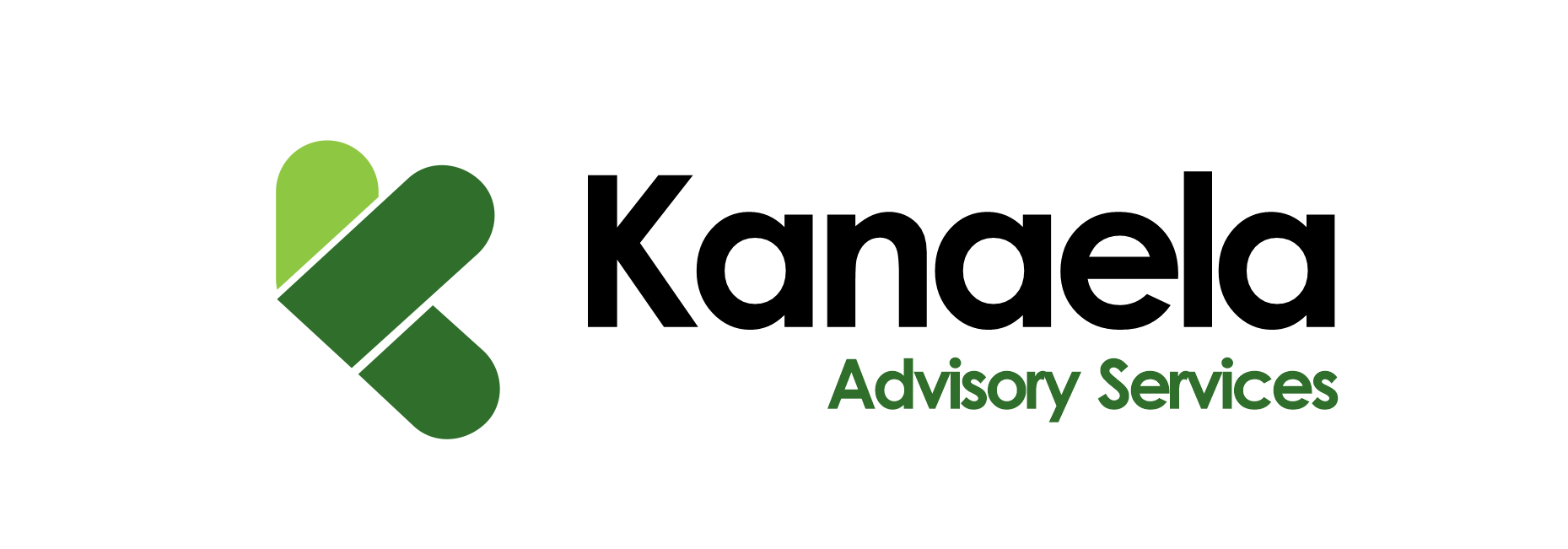
Tax season can be a daunting time for both individuals and businesses, but with careful planning and strategic decision-making, it’s possible to maximize tax savings. Whether you’re a wage earner, a small business owner, or a corporate entity, understanding and implementing effective tax strategies can significantly reduce your tax liability. This article will explore various strategies for individuals and businesses to optimize their tax savings.
Tips on Maximizing Your Tax Savings From a Financial Accountant
For Individuals:
-
- Take Advantage of Tax Credits and Deductions: Tax credits and deductions are powerful tools for reducing tax liabilities. Financial accountants should thoroughly analyze each client’s financial situation to identify eligible credits and deductions. Common opportunities include the Earned Income Tax Credit (EITC), Child Tax Credit, Education Credits, research and development (R&D) business credits, and education-related credits.
- Contribute to Retirement Accounts: Contributing to retirement accounts such as 401(k)s and IRAs helps secure your financial future and offers immediate tax benefits. Contributions to traditional retirement accounts are typically tax-deductible, lowering your taxable income for the year.
- Utilize Health Savings Accounts (HSAs) and Flexible Spending Accounts (FSAs): Take advantage of tax-advantaged health accounts. Contributions to HSAs are tax-deductible, and withdrawals for qualified medical expenses are tax-free. Similarly, utilizing FSAs for healthcare expenses can result in tax savings.
- Explore Tax-Efficient Investments: Invest in tax-efficient funds and assets. Capital gains from certain investments may qualify for lower tax rates. Consider consulting a financial advisor to create a tax-efficient investment strategy.
- Implement Tax-Efficient Estate Planning: Estate planning is a critical aspect of overall financial strategy. Financial accountants should work closely with estate planning professionals to structure clients’ estates in a tax-efficient manner, potentially reducing estate taxes and ensuring a smooth transfer of wealth.
- Stay Informed about Tax Code Changes: The U.S. tax code is subject to frequent changes, and staying informed about these revisions is crucial for financial accountants. Regularly monitoring updates from the Internal Revenue Service (IRS) and other regulatory bodies ensures that accountants are well-versed in the latest tax laws and can identify new opportunities for tax savings.
- Explore Tax-Efficient Investment Strategies: Investment decisions can have substantial tax implications. Financial accountants should collaborate with investment advisors to implement tax-efficient investment strategies. Utilizing tax-advantaged accounts, like IRAs and 401(k)s, and employing tax-loss harvesting techniques can help optimize investment-related tax savings.
For Businesses:
- Claim Business Deductions: Businesses can minimize taxable income by claiming legitimate business expenses. This includes costs related to office space, equipment, marketing, and employee benefits. Keep meticulous records to support these deductions in case of an audit.
- Take Advantage of Depreciation: Capitalize on depreciation allowances for eligible business assets. This allows you to deduct a portion of the asset’s cost over its useful life, reducing taxable income.
- Explore Tax Credits for Businesses: Investigate available tax credits for businesses, such as the Research and Development (R&D) Tax Credit and Work Opportunity Tax Credit. These credits can significantly lower your overall tax liability.
- Consider Entity Structure: The legal structure of your business (e.g., sole proprietorship, LLC, S corporation, C corporation) can impact your tax liability. Consult with a tax professional to determine the most tax-efficient structure for your specific circumstances.
- Maximize Small Business Tax Benefits: Small businesses may qualify for additional tax benefits, such as the Section 179 deduction, which allows for the immediate expensing of certain business assets. Be aware of tax provisions specifically designed to support small businesses.
- Optimize Business Structure: For businesses, choosing the right legal structure can significantly impact tax liabilities. Financial accountants should regularly review the structure of their clients’ businesses and assess whether changes, such as transitioning from a sole proprietorship to an S corporation, could result in tax savings.
- Strategic Timing of Income and Expenses: Timing is critical in tax planning. Financial accountants can help clients strategically time their income and expenses to minimize tax liabilities. For instance, deferring income to a lower tax year or accelerating deductible expenses can create immediate savings.
- Utilize Section 179 for Business Asset Purchases: Section 179 of the tax code allows businesses to deduct the full cost of qualifying equipment and property purchases in the year they are placed in service. Financial accountants can guide businesses in leveraging this provision to accelerate depreciation and realize immediate tax savings.
Conclusion
Maximizing tax savings requires a proactive and strategic approach. Financial accountants in the USA play a vital role in helping individuals and businesses navigate the complexities of the tax code. By staying informed, leveraging tax credits and deductions, optimizing business structures, and implementing other strategic measures, accountants can deliver significant value to their clients and help them achieve optimal tax savings.

